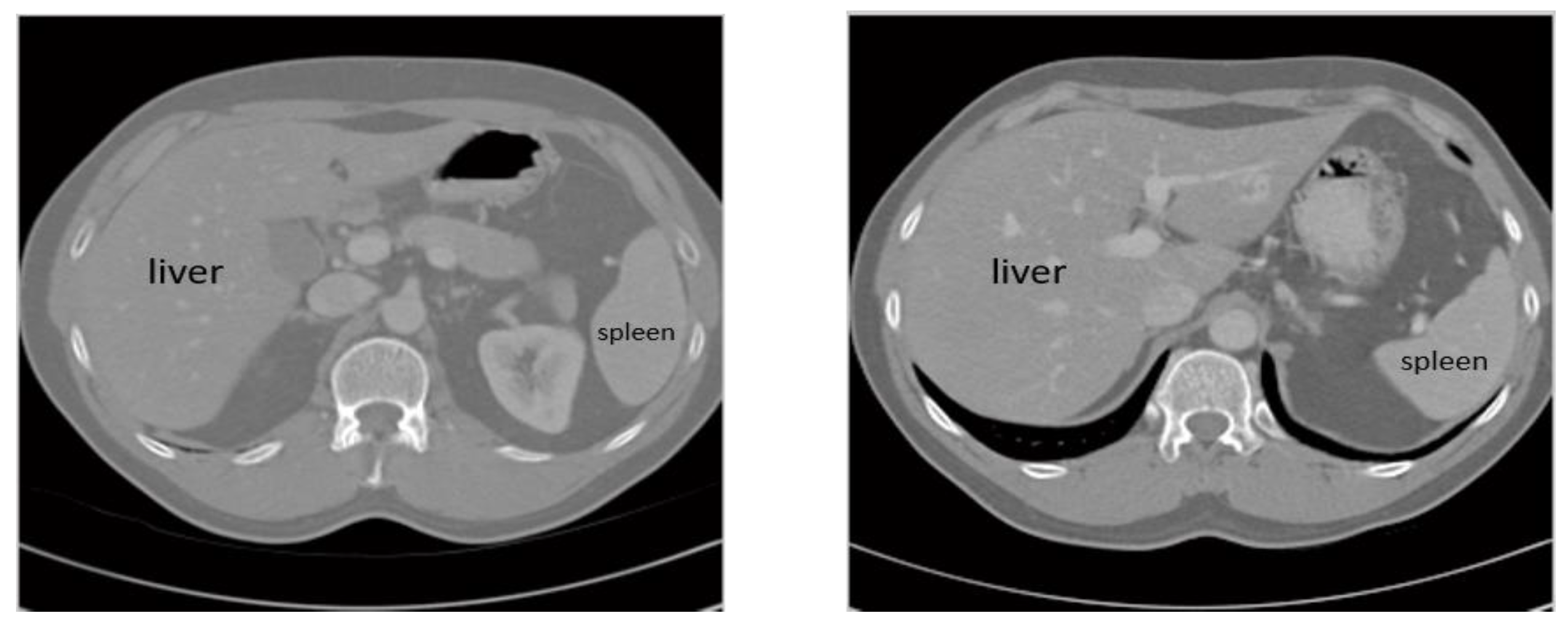In medical science, dramatic turnarounds are rare. Yet two patients in Europe, each diagnosed with advanced liver cancer, experienced something that left their doctors astonished: their tumors shrank—and in time, disappeared—after they began taking cannabis oil to manage their symptoms.
The cases, published in the journal Future Science OA, do not claim cannabis oil is a cure. But they describe an unexpected and complete regression of hepatocellular carcinoma (HCC), the most common form of primary liver cancer, in individuals who had limited treatment options and were using cannabis purely for comfort, not as therapy.
A Surprising Turn in Two Dire Diagnoses
The first patient, a 64-year-old man, had a large liver tumor considered inoperable. He started using cannabis oil to alleviate pain and nausea. Months later, imaging scans showed the tumor shrinking. Without chemotherapy, radiotherapy, or surgery, his cancer steadily regressed until scans showed no detectable disease.
The second case involved an 81-year-old man with similarly advanced liver cancer. He, too, chose cannabis oil for symptom control. And again, the medical results defied expectations: scan after scan revealed the tumor collapsing in size, followed by complete remission.
Neither patient changed lifestyle or medication in ways known to influence cancer behavior. Both declined conventional cancer treatments because of their poor prognosis and their desire to avoid burdensome therapies.
Could Cannabinoids Be Doing More Than Easing Pain?
Scientists have long studied how cannabinoids—compounds found in the cannabis plant—interact with cancer cells. Laboratory work shows that some cannabinoids may trigger cell death, restrict tumor blood supply, or slow growth. But translating test-tube findings into real clinical outcomes is notoriously difficult.
That’s why these two cases matter. They don’t prove causation, but they highlight a biological mechanism that may be more significant than previously thought. The researchers urge caution but also emphasize that such dramatic regressions are “extremely rare” in the natural progression of advanced HCC.
“This unexpected clinical course suggests a possible therapeutic effect of cannabis oil in select patients,” the authors note. They also stress the need for controlled research rather than self-medication, pointing out the risks of unregulated cannabis products and the dangers of delaying proven treatments.
Not a Miracle Cure—But a Call for Serious Research


Medical experts warn that individual cases cannot be used to generalize outcomes. HCC remains a highly lethal cancer, and cannabis oil should not be seen as a substitute for established treatment.
Yet the remarkable remissions documented here offer a rare glimpse into what future therapies might explore. As global interest in medical cannabis grows, these cases could help guide scientific efforts to uncover which patients—if any—might benefit from cannabinoid-based interventions.
For now, doctors and researchers remain cautiously intrigued. In a field where advances often come slowly, even two unexpected recoveries are enough to spark conversation—and perhaps inspire the next wave of clinical studies.
Read more about cannabis and health
For readers interested in further scientific insights into cannabis research, explore our related articles: learn how inhaled cannabis may ease diabetic neuropathy pain (https://thecannex.com/inhaled-cannabis-diabetic-neuropathy-pain-relief/), discover how THC influences the brain’s pain-filtering system in fibromyalgia (https://thecannex.com/thc-brain-pain-filter-fibromyalgia-study/), and read about the rise of THC beverages as an alcohol alternative in 2025(https://thecannex.com/thc-beverages-alcohol-alternative-trends-2025/).
FAQ
1. What is Hepatocellular Carcinoma (HCC)?
Hepatocellular carcinoma is the most common type of primary liver cancer. It usually develops in people with chronic liver disease, such as cirrhosis or hepatitis B/C infections. HCC is often diagnosed late and is difficult to treat, making spontaneous remission extremely rare.
2. What Are Cannabinoids?
Cannabinoids are naturally occurring compounds found in the cannabis plant. The most well-known are THC(tetrahydrocannabinol) and CBD (cannabidiol). They interact with the body’s endocannabinoid system, influencing pain, inflammation, mood, and—according to lab studies—possibly cancer cell behavior.
3. What Is Cannabis Oil?
Cannabis oil is an extract from the cannabis plant that contains varying concentrations of cannabinoids. It is commonly used for symptom relief—such as pain, nausea, or anxiety—but its composition differs widely depending on the product’s source and extraction method.
4. What Does “Tumor Regression” Mean?
Tumor regression refers to a measurable decrease in the size of a tumor. Complete regression means no visible signs of the tumor remain on imaging scans. This can occur after treatment, but in the absence of therapy, it is extremely uncommon.

